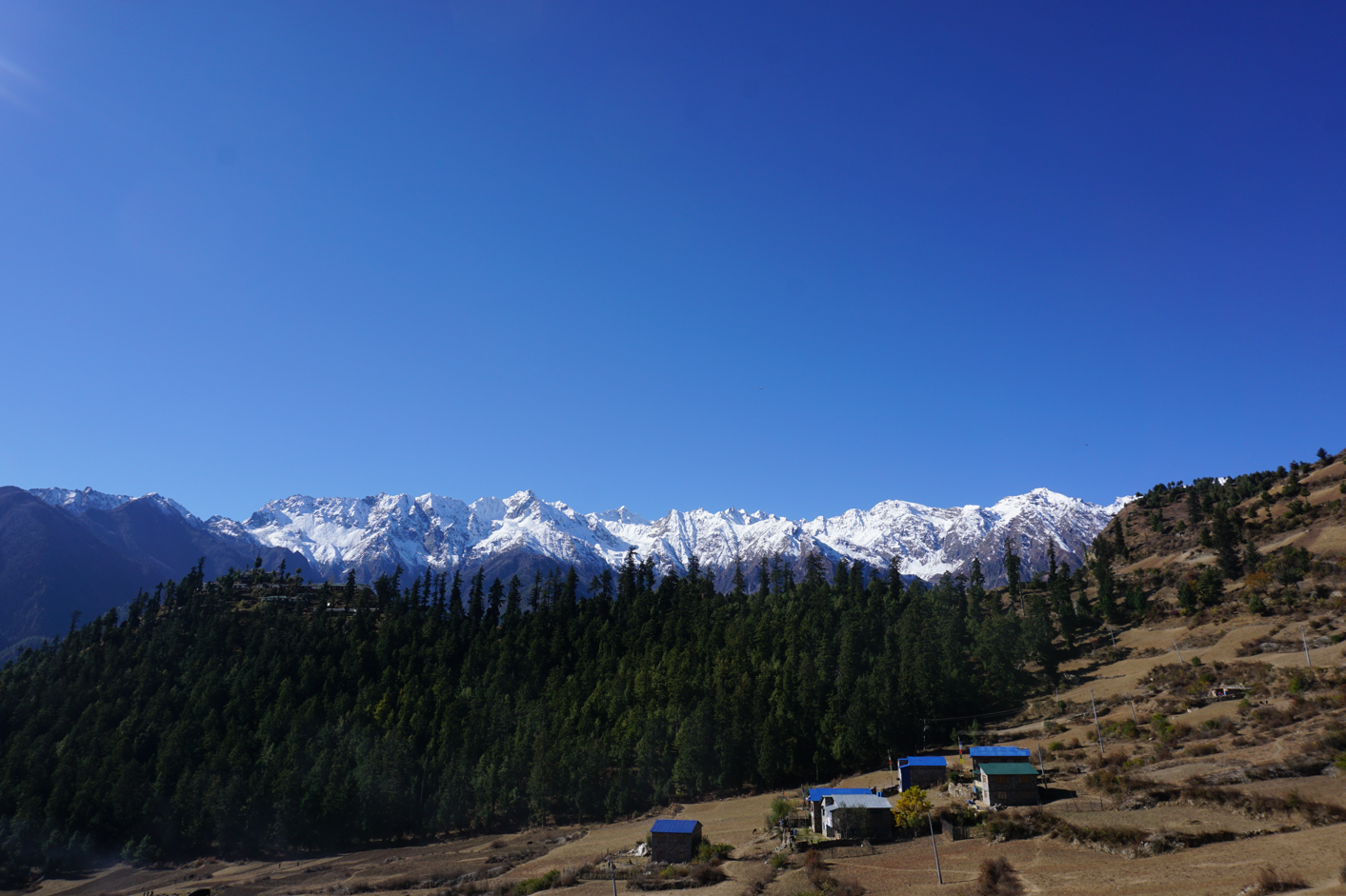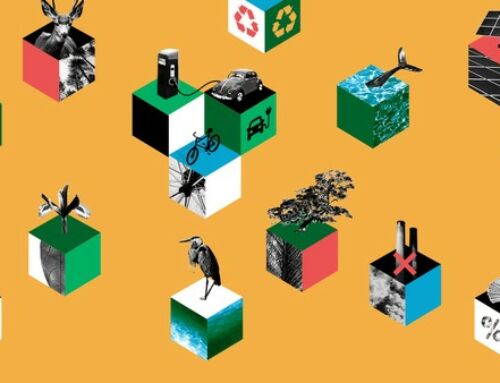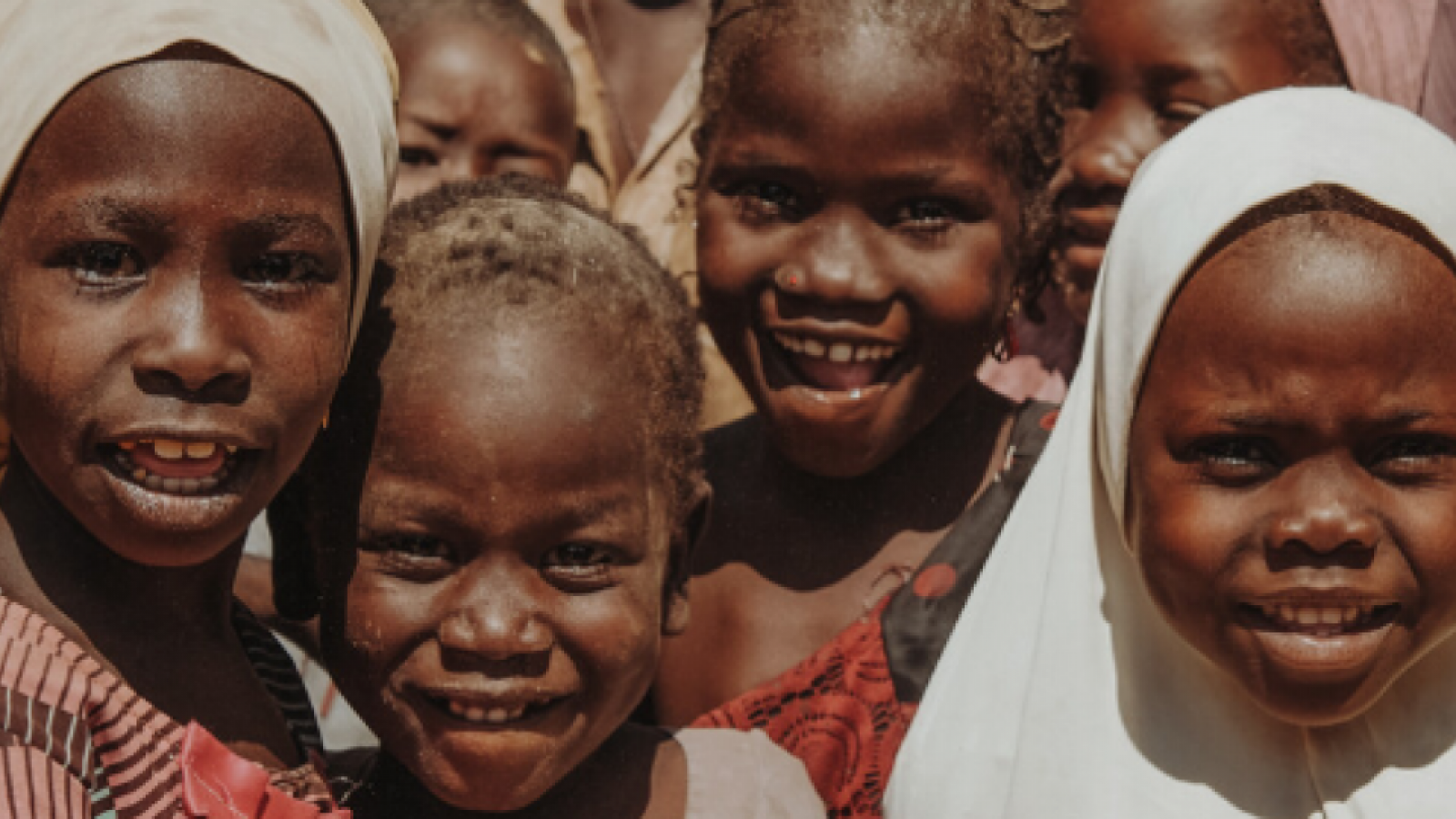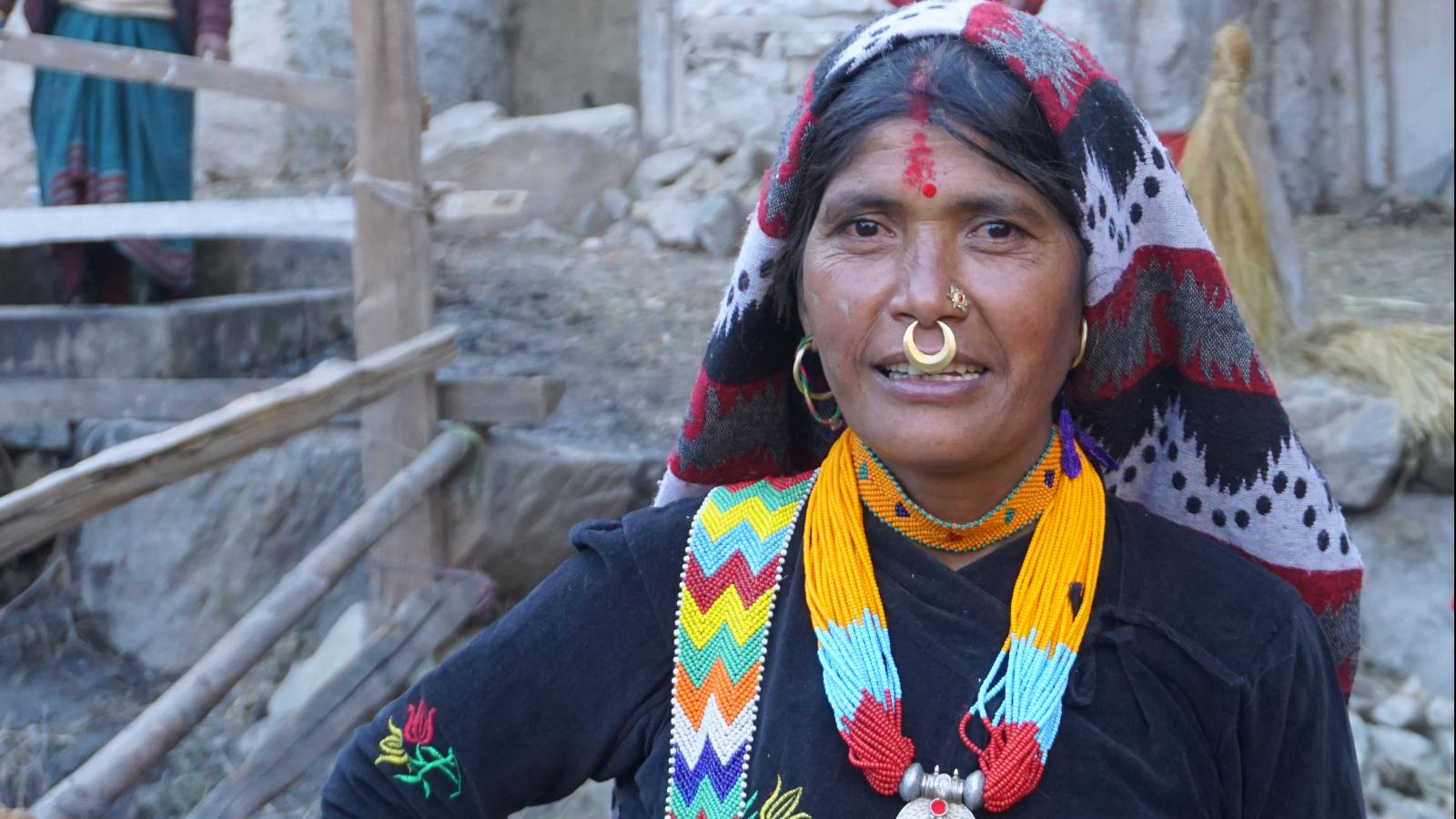15% of the world’s population lives in mountain areas. Mountains provide water for over half the world’s population, but are also particularly vulnerable to climate change.
It is therefore in the interest of the whole world that we make sure to keep the focus on mountain areas during this year’s climate summit (COP27), which rightly focuses on how climate change and the resulting losses and damages affect climate vulnerable countries. However, we see limited focus on the impacts of the climate crisis in mountain areas.
Women in the climate crisis
Mission East, in collaboration with our local partners, supports women by teaching them to read and write, teaching them about their rights, and how they can bring about positive development in their communities.
The work has a particular focus on women, as men have often had to leave the mountain areas to find work to support their families.
By helping women to participate equally in society, they can have a greater say in the decisions that affect their lives and lead the change that is so needed in these particular areas.
Mission East and our partners are also working on climate-smart agriculture so the women can feed their families and earn an income, and on disaster risk reduction to mitigate some of the many impacts of the climate crisis that are already severely affecting poor families in Nepal’s mountainous regions.
Facts
The countries of the United Nations Framework Convention on Climate Change meet every year for the Conference of the Parties, also known as the COP. It is the highest body in the global climate negotiations. All major decisions are taken here, often with media coverage from around the world.











